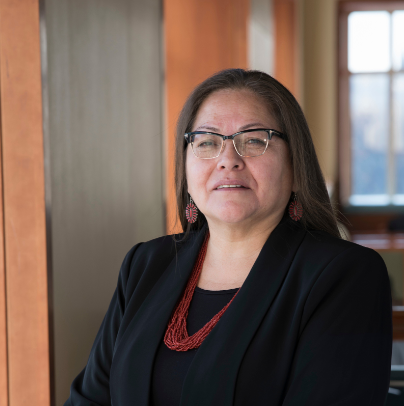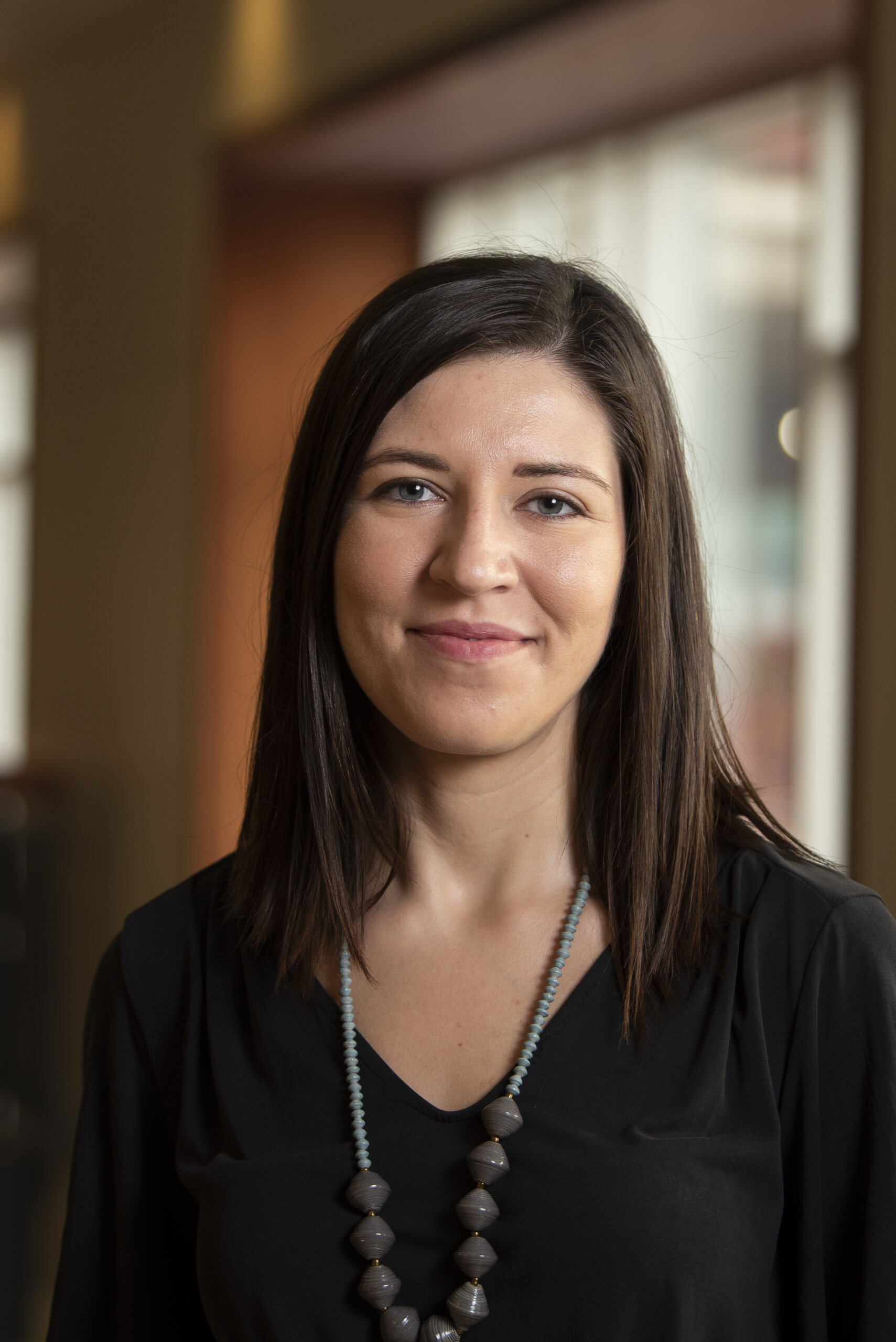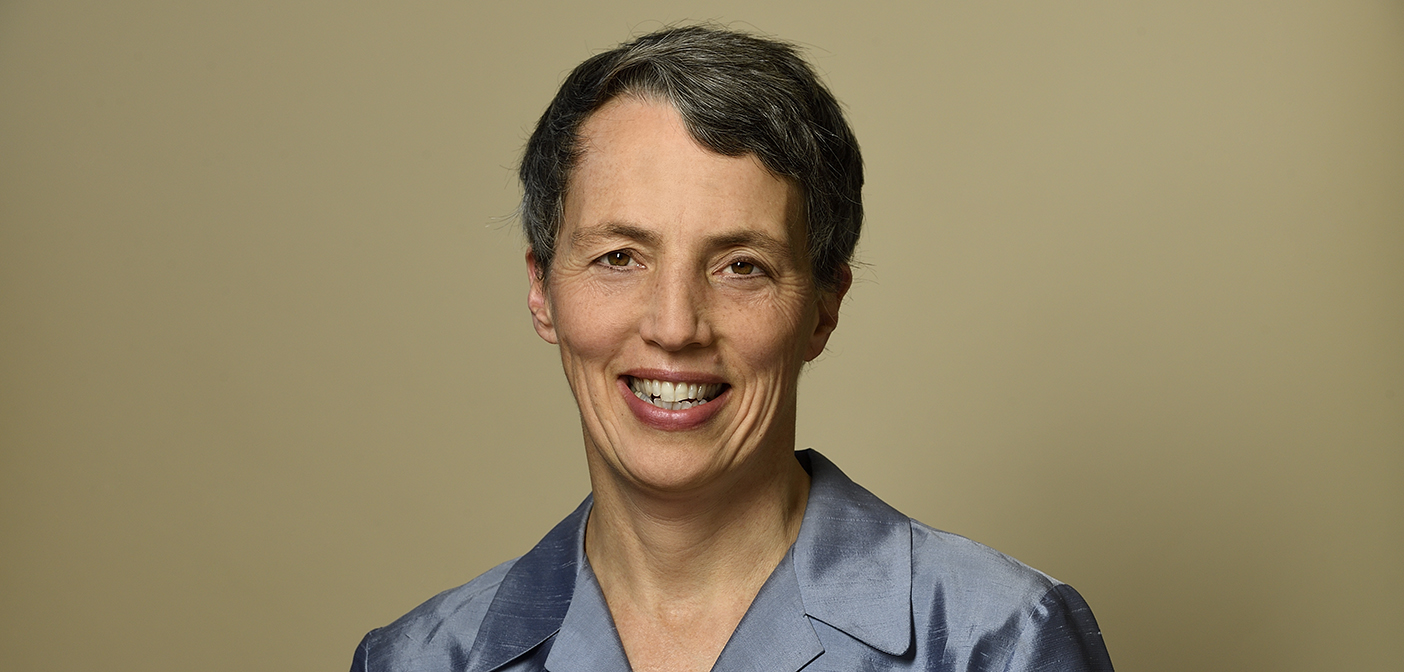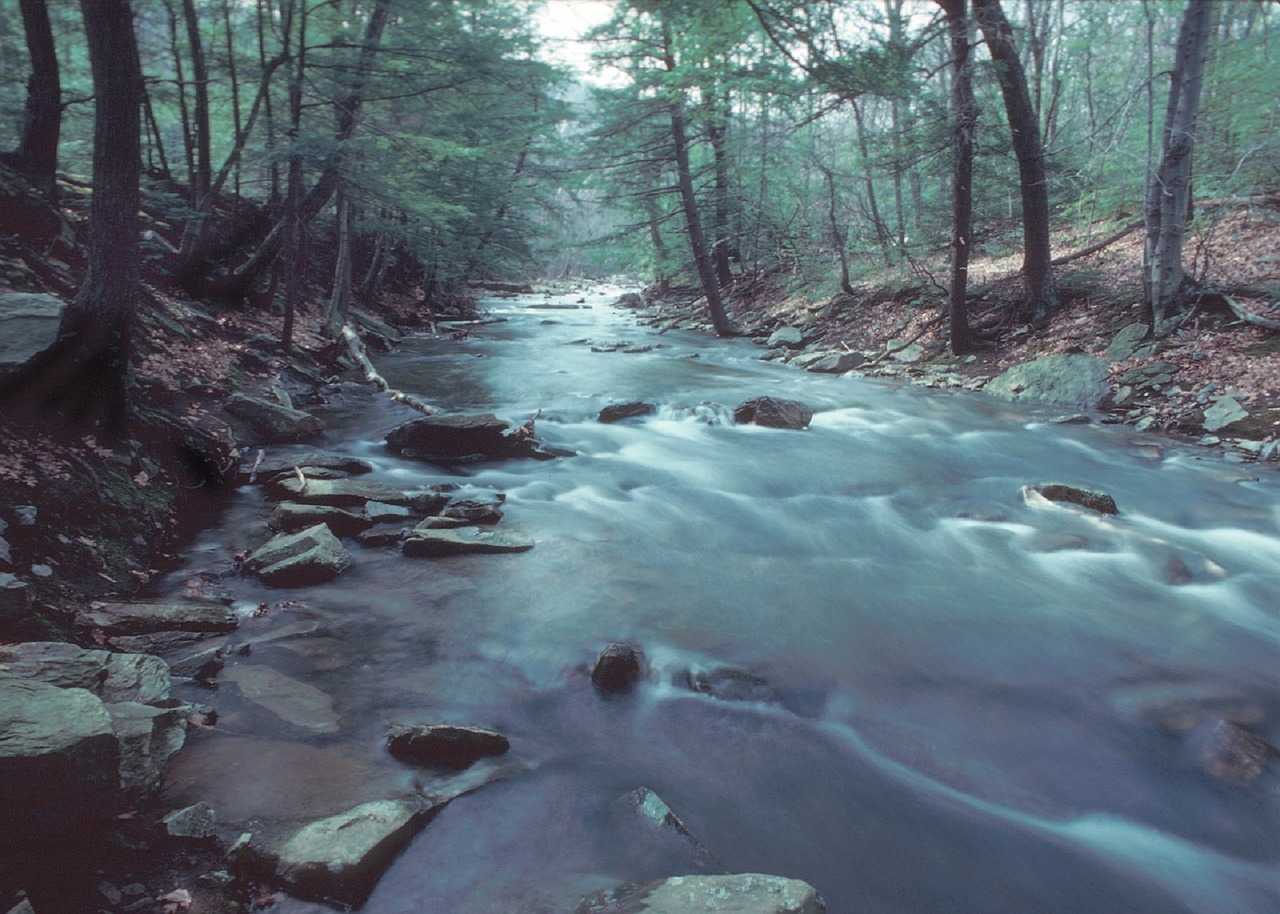Indigenous Land Acknowledgment, by non-Native institutions, is new in the US and follows well-established protocols in Australia, Canada and New Zealand. The Johns Hopkins School of Nursing has started to acknowledge Indigenous Territory in the annual State of the School address and key events in the school. Diversity, equity and inclusion have long been fundamental tenets of the School of Nursing.
As the Johns Hopkins School of Nursing continues to build and expand our building footprint, we acknowledge the history of the land we build on. We acknowledge the people. As Burnham points out in No Poems on Stolen Native Land, the acknowledgments can be endless, meaningless if routine or protocol alone.
I’d like to acknowledge that we are on stolen land.
I’d like to acknowledge that we are on borrowed land.
I’d like to acknowledge that we are on pickpocketed land.
I’d like to acknowledge that we are on empty land.
I’d like to acknowledge that we are on full land.
I’d like to acknowledge the knowledge of like to acknowledge you like me acknowledging.I’d like to acknowledge cultural relativist imperialism.
I’d like to acknowledge academic colonialism.
I’d like to acknowledge activist colonialism.
I’d like to acknowledge that we are on bureaucratic land.
I’d like to acknowledge poetic colonialism.
I’d like to acknowledge drinking a glass of water ten minutes ago and not having to boil the water first.
Excerpt from Clint Burnham No Poems on Stolen Native Land.
While noting that no acknowledgement is perfect and no words can restore justice, we will take the following steps in active acknowledgement of the Piscataway Tribe:
To show a lasting acknowledgement of the land the new courtyard will display a plaque with the following:
The Johns Hopkins School of Nursing respectfully acknowledges and give thanks to the Piscataway Tribe –the Indigenous people who are traditional owners of the lands of the Chesapeake Bay region. We also acknowledge all Indigenous Peoples, the traditional owners of the lands and waters of the United States of America.
To continue to bring our attention to the origins of this land, we will give the following opening at events:
I respectfully acknowledge and give thanks to the Piscataway Tribe –the Indigenous people who are traditional owners of the lands of the Chesapeake Bay region. I also acknowledge all Indigenous Peoples, the traditional owners of the lands and waters of the United States of America.
Let these acknowledgments serve as active recognition of where we are and the work that remains.
This blog is a part of the “Dialogues in Health Equity” series by the Health Equity Faculty Interest Group. They are committed to decreasing health disparities experienced by local and global communities by promoting social justice and health equity through nursing practice, research, education, and service.
Learn more:
- Center for American Indian Health
- Tribal Map of America Shows Whose Land You’re Actually Living On
- World Mental Health Day: 40 Seconds on Native American Suicide Prevention
ABOUT THE AUTHOR

Teresa Brockie, PhD, RN, FAAN is an assistant professor at the Johns Hopkins School of Nursing. A member of the White Clay (A’aninin) Nation from Fort Belknap, Montana, her research focuses on achieving health equity through community-based prevention and intervention of suicide, trauma, and adverse childhood experiences among vulnerable populations.

Ellie Decker, MSPH is a Senior Research Program Coordinator at the Johns Hopkins School of Nursing. She works with Dr. Teresa Brockie on suicide, trauma, and substance use interventions. Ellie is interested in using community-based participatory research methods to develop mental health interventions.

Sarah Szanton, PhD, ANP, FAAN is the Endowed Professor for Health Equity and Social Justice, the director for the Center for Innovative Care in Aging, and a professor at the Johns Hopkins School of Nursing. Her areas of scholarly interest and expertise include gerontology, aging in place, and racial and socioeconomic health disparities.
